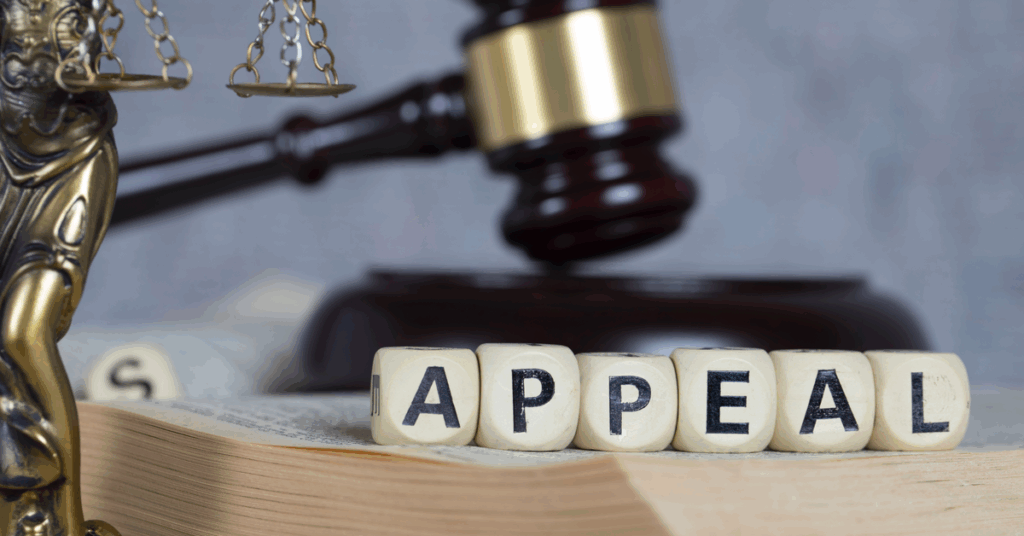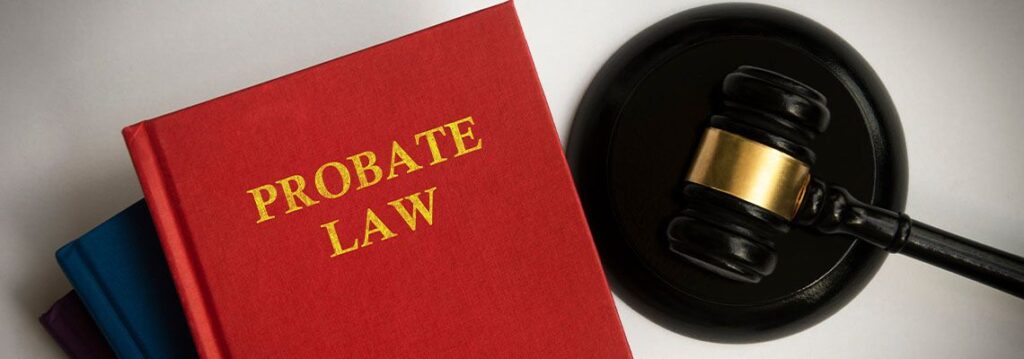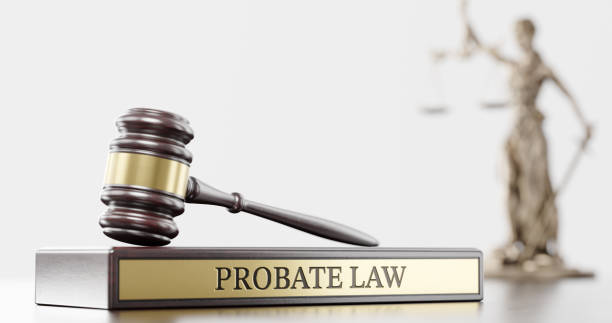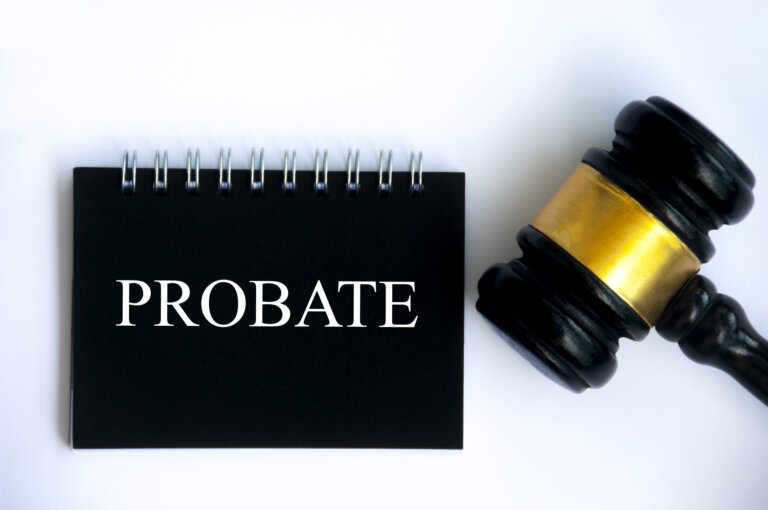Every once in a while, a headline pops up that reads something like: “Texas Woman Discovers $40,000 in Unclaimed Funds” or “Man Finds Forgotten Savings Account from the 90s.” These stories feel almost too good to be true. And yet, they happen more often than you might think. Somewhere in the depths of Texas’ unclaimed property database, you could have money, stocks, or property waiting to be claimed—and not even know it.
It’s not a scam, and it’s not a sweepstakes. It’s a real program run by the Texas Comptroller of Public Accounts, and it’s there for one simple reason: to return forgotten, lost, or abandoned property to its rightful owner. This includes everything from dormant bank accounts to refund checks that never reached you, from uncashed payroll to life insurance benefits that were never claimed.
The idea of finding surprise money may sound far-fetched, but if you’ve ever moved, changed jobs, lost track of financial paperwork, or had a relative pass away, there’s a real possibility that the state of Texas is holding money in your name.

What Is Unclaimed Property?
Unclaimed property refers to financial assets or tangible items that have become separated from their rightful owners over time. These assets are turned over to the state after a specific period of inactivity, which can range from one to five years depending on the type of property. Businesses and institutions are required by law to make attempts to contact the owner before handing over the property to the state. Once that fails, the property becomes “unclaimed” and enters the care of the government.
Examples of Common Unclaimed Property in Texas
Unclaimed property doesn’t just mean forgotten bank accounts, although that’s certainly part of it. In Texas, the Comptroller’s office holds a surprisingly wide variety of financial and physical assets. These include:
- Utility deposits or refunds from companies you once used
- Uncashed checks, including payroll or dividends
- Insurance payments or claims
- Stocks, mutual funds, or dividends
- Dormant bank or savings accounts
- Safe deposit box contents
- Escrow accounts or trust distributions
- Royalties from oil, gas, or mineral rights
What it doesn’t include, however, is real estate, motor vehicles, or animals. Those types of unclaimed items are managed through other legal processes and departments.
The total amount of unclaimed property held by Texas adds up to billions of dollars. Yes, billions—with a “B.” Every year, the Comptroller’s office returns hundreds of millions in unclaimed property to rightful owners, but large amounts remain untouched, either because people don’t know about them or assume it’s not worth checking.
How Property Becomes “Unclaimed”
The journey from your wallet—or your account—to the unclaimed property list is more ordinary than you’d think. Maybe you moved and forgot to update your address with your bank. Or a relative passed away, and no one ever claimed their last paycheck. Perhaps an old employer tried to send you a check that you never received, or a utility company tried to refund you for a deposit.

Businesses in Texas are required to report and transfer unclaimed assets to the state if they cannot contact the owner within a certain timeframe. This process is called “escheatment.” Once the property is escheated, it’s stored in the state database until someone comes forward to claim it.
There is no deadline for claiming most property. That means if you or someone in your family is owed something, even from decades ago, you can still retrieve it. Many people are shocked to find their deceased parents, grandparents, or even great-grandparents listed in the database, often tied to funds that went unnoticed when the estate was closed or not probated properly.
How to Search for Unclaimed Property in Texas
Fortunately, the process to check if you’re owed anything is straightforward, secure, and completely free. You don’t need to pay anyone to do this on your behalf.
To search for unclaimed property, visit the Texas Comptroller’s official unclaimed property website at claimittexas.gov. From there, you can search by your name, a family member’s name, a business name, or even an old address.
If the database finds a match, it will list the property along with basic information about the amount, type, and who reported it. You’ll then be guided through a claims process where you’ll need to verify your identity and ownership. In some cases, this means submitting government-issued identification, proof of address, or documents linking you to the business that held the asset.
There’s no cost to claim what’s yours, and if approved, the payment typically arrives via check or direct deposit. Depending on the complexity of your claim and the documentation needed, the process can take anywhere from a couple of weeks to a few months.
What About Property from Deceased Relatives?
If you’re handling the affairs of a deceased relative—or even if they passed away long ago—it’s worth checking their name in the database. You might uncover uncashed life insurance, utility refunds, or retirement funds they never withdrew.
In these cases, you’ll typically need to provide documentation such as:
- A copy of the death certificate
- Proof that you are the rightful heir, executor, or administrator
- Any wills, probate orders, or small estate affidavits
- Legal documentation connecting you to the deceased’s estate
It may feel like jumping through hoops, but the potential reward is often worth the effort. People have recovered everything from a few dollars to six-figure sums just by following this process.
How to Prevent Future Unclaimed Property
The fact that billions of dollars remain unclaimed speaks to how easy it is to lose track of financial assets. Life moves quickly—people change jobs, relocate, get divorced, or pass away. In the chaos, small amounts of money or forgotten paperwork fall through the cracks.
To avoid this in the future, consider these proactive steps:
Keep Updated Records
Make a master list of all your financial accounts, insurance policies, retirement plans, and business dealings. Review and update this list yearly.
Designate Beneficiaries
Ensure all your accounts, life insurance policies, and retirement funds have properly named beneficiaries. This helps transfer funds smoothly without going through probate or becoming unclaimed.
Inform Your Loved Ones
Share your financial plans and account information with a trusted family member or attorney. If something happens to you, they’ll know where to look and what actions to take.
Maintain a Current Address
Whenever you move, update your contact information with banks, employers, utility providers, and government agencies to prevent checks from getting lost.
Check Periodically
Make it a habit to check the unclaimed property database every year or two. Even if nothing turns up now, something might appear later if a business or agency turns over forgotten assets.
Scams to Avoid: Don’t Pay for What’s Free
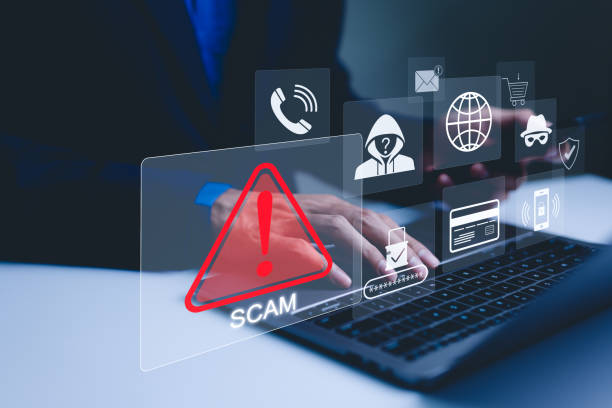
Because unclaimed property involves real money and minimal effort, it’s no surprise that scammers sometimes try to take advantage. If someone contacts you offering to help you recover your unclaimed property—for a fee—be wary.
Texas does allow “finders” or asset locators to assist individuals in locating and claiming property, but they are required to register with the state and must adhere to specific fee limits. Still, you do not need to pay a third party to claim property. You can do it yourself quickly and securely through the official website.
Always verify the legitimacy of anyone who offers to help, and never share sensitive personal information unless you’re sure the platform is official.
Unclaimed Property and Probate: A Missed Opportunity?
Many estates in Texas go through probate without ever checking for unclaimed assets tied to the deceased. This is a missed opportunity for rightful heirs and beneficiaries. Probate attorneys and executors should routinely check for unclaimed property during the estate administration process.
In fact, even if the estate closed years ago, family members may still have the right to claim unclaimed property using affidavits or court orders. The state does not claim ownership of this money permanently—it’s simply holding it until someone steps forward.
Conclusion: The Hidden Wealth That Might Be Yours
It’s not every day that the government says, “Hey, we might owe you money.” But that’s exactly what the unclaimed property system in Texas offers. It’s a legal, free, and surprisingly simple process to search for and reclaim forgotten funds—whether they’re yours or belong to someone you loved. You don’t need special skills or professional help. You just need curiosity, a few documents, and a few minutes of your time. In a world where financial surprises are often unpleasant, this one could be the opposite—a small jackpot that’s been waiting for you to come find it.



